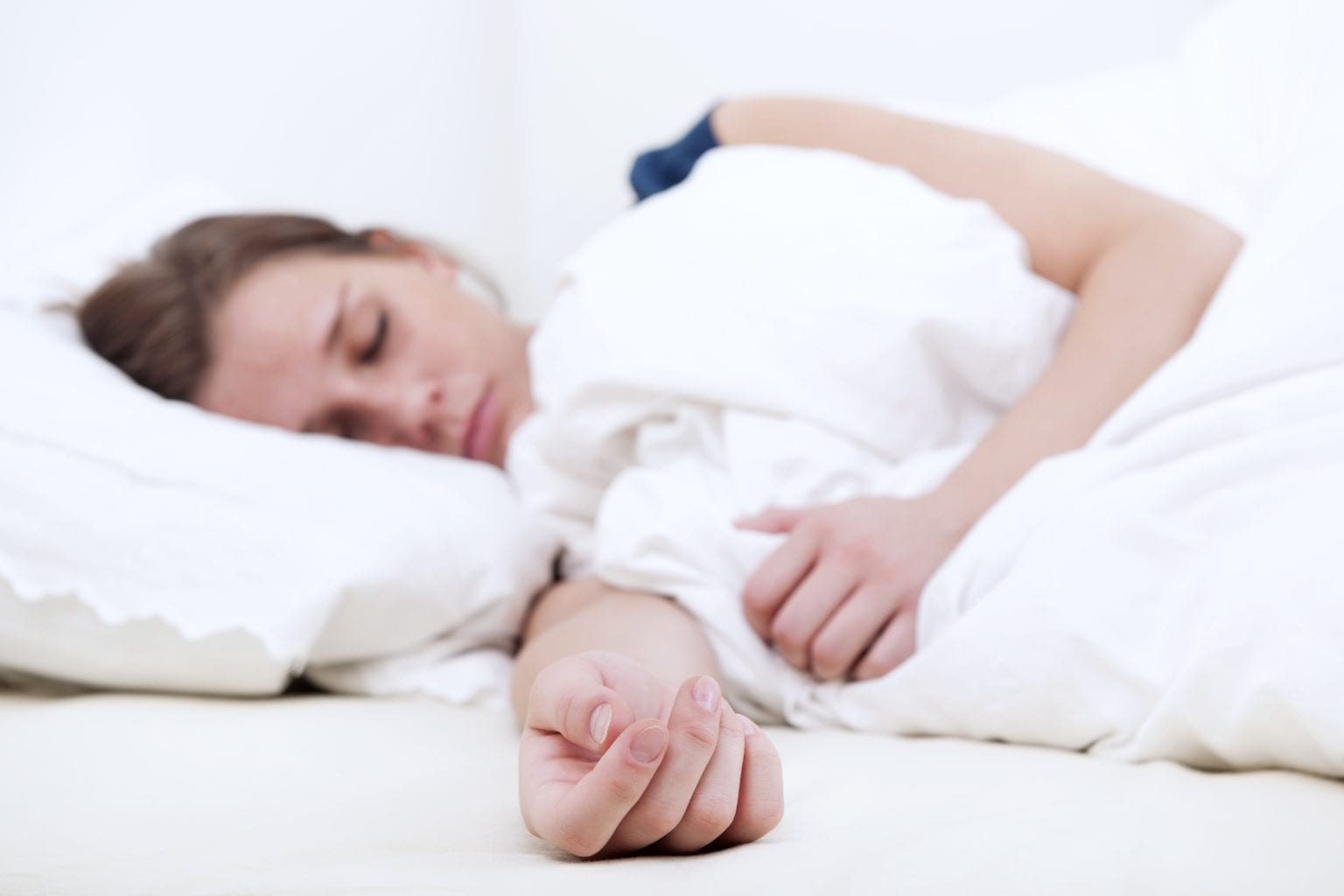

might really be a little worse than sleeping 5 hr.” What’s even more interesting here is that sleeping longer than that might actually be worse for your health mentioning that: “Sleeping 8.5 hr. a night, live the longest, are happier and most productive”. In his most recent study Kripke found that “people who sleep between 6.5 hr. Says one of the most acclaimed researchers about sleep Daniel Kripke in an interview. It turns out, that might not be true after all: “We’ve all been told you ought to sleep 8 hr., but there was never any evidence.” A common one – and one that I have given on many occasions – is to respond “Oh yes, I need my 8-9 hours of sleep every night, I know that”. Eliminating the 8 hours per night sleep mythĮveryone I’ve asked the question “how much sleep do I need” has an answer to the question. Share stories like this to your social media followers when they’re most likely to click, favorite, and reply! Schedule your first post with Buffer. And of course, how you can use this knowledge to create an unbeatable daily routine. With this post, I’ve set out to uncover once and for all what the most important research has taught us about sleep. Once I took a step back to really think about where our knowledge about sleep comes from, I realized that nearly all of it is based on hear-say or what my mom told me when I was in elementary school. We get the general idea that we know all about it: how much we need of it, how it impacts us and why this or that happens when we sleep. One of the biggest problems I’ve discovered is that sleep is such an over talked topic. In fact, Most of what we know about sleep we’ve learned in the past 25 years. That’s a pretty long time if you ask me and makes it even more important to know exactly how the phenomenon of sleep impacts us.Īnd still, there are so many unanswered questions evolving around sleep and how much we need of it. 2015 doi.org/10.5664/ one of us, on average, will be sleeping 24 years in our lifetime. Recommended amount of sleep for a healthy adult: A joint consensus statement of the American Academy of Sleep Medicine and Sleep Research Society. Insufficient sleep: Definition, epidemiology, and adverse outcomes. In: Gabbe's Obstetrics: Normal and Problem Pregnancies. Recommended amount of sleep for pediatric populations: A consensus statement of the American Academy of Sleep Medicine. National Institute of Neurological Disorders and Stroke. If you're concerned about the amount of sleep you or your child is getting, talk to your doctor or your child's doctor. Older adults also tend to wake up multiple times during the night.įor kids, getting the recommended amount of sleep on a regular basis is linked with better health, including improved attention, behavior, learning, memory, the ability to control emotions, quality of life, and mental and physical health.įor adults, getting less than seven hours of sleep a night on a regular basis has been linked with poor health, including weight gain, having a body mass index of 30 or higher, diabetes, high blood pressure, heart disease, stroke, and depression.

Older adults tend to sleep more lightly, take longer to start sleeping and sleep for shorter time spans than do younger adults. As you get older, however, your sleeping patterns might change. Older adults need about the same amount of sleep as younger adults.

Changes in hormone levels and physical discomfort can result in poor sleep quality. If you're sleep deprived, the amount of sleep you need increases. The quality of your sleep is just as important as the quantity. If your sleep is frequently interrupted, you're not getting quality sleep.


 0 kommentar(er)
0 kommentar(er)
